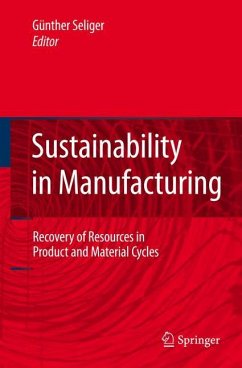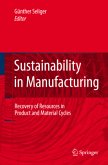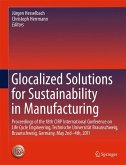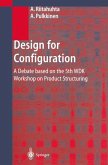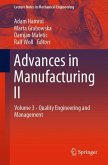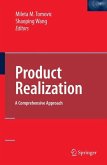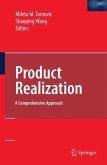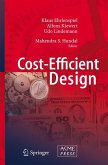Population growth and increasing resource consumption are global challenges which have to be coped by sustainable development. Increasing the use productivity of resources by new cycle economical concepts supported by innovative technologies is significantly contributing to this ambitious goal. These challenges were accepted by several research institutions at the Technical University Berlin and lead to the establishment of the Collaborative Research Center (Sfb) 281 Dissassembly Factories for the Recovery of Resources in Product and Material Cycles funded by the German Research Foundation in 1995. Numerous scientific results are available after 12 years of research, which are discussed within this book: Management of industrial experience and education, technology innovation for products and processes of cycle economy are presented in a systemic frame of ecological, economical and socio-political criteria under the consideration of human necessities and limit natural resources. Methods and tools for a sustainable product development, planning methods for cycle economy, the presentation of concepts for product accompanying information systems and innovative disassembly technology are exemplarily to be distinguished. The book makes therefore a contribution to the increase of use productivity of resources. The challenges of sustainable manufacturing cannot be coped on a regional scale - but have to be addressed on a global level. For that reason, long lasting international cooperation's has been established within the Sfb 281 enriching the research work. International partners of TUB have contributed for the success of this book.
Bitte wählen Sie Ihr Anliegen aus.
Rechnungen
Retourenschein anfordern
Bestellstatus
Storno

